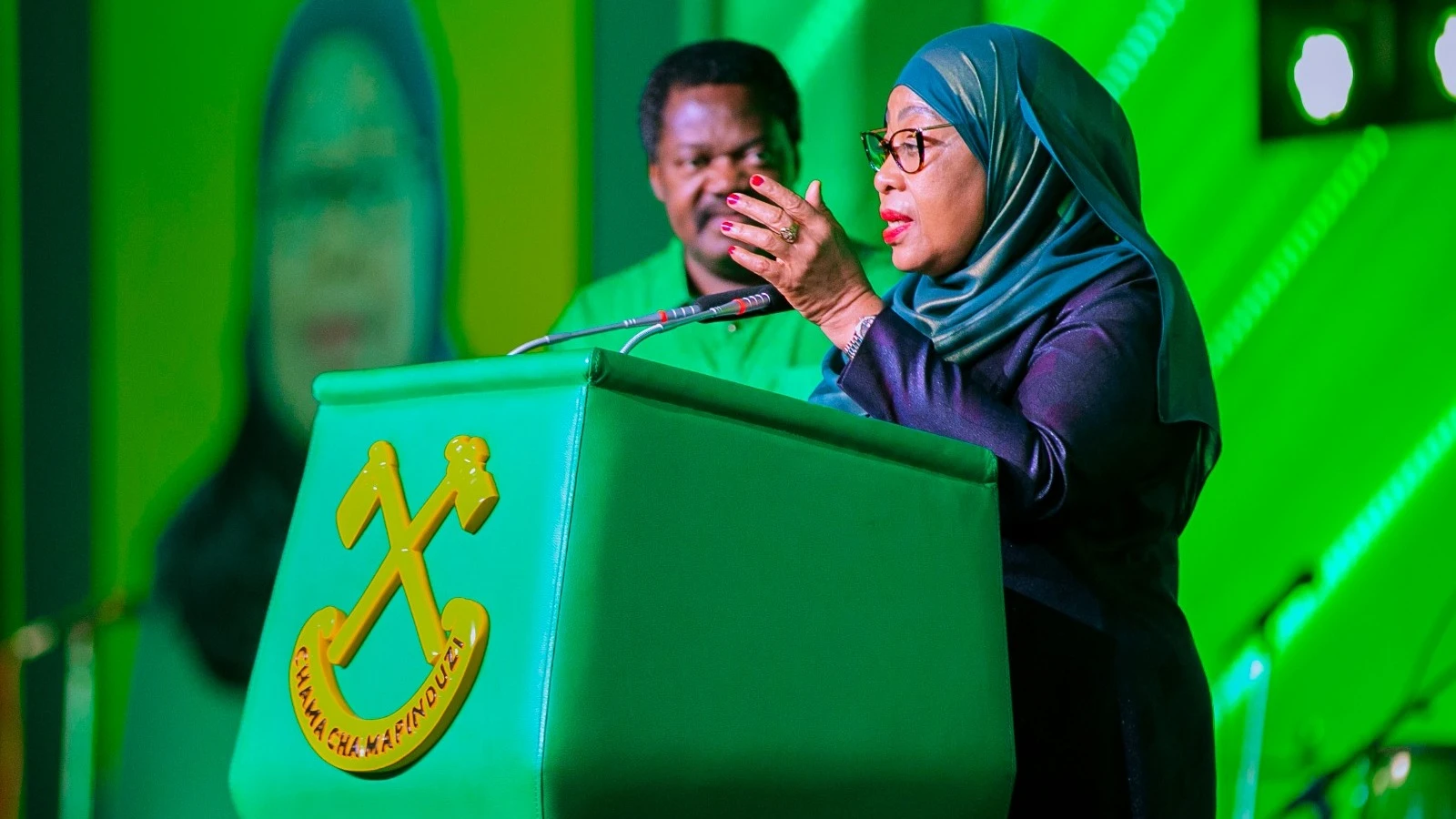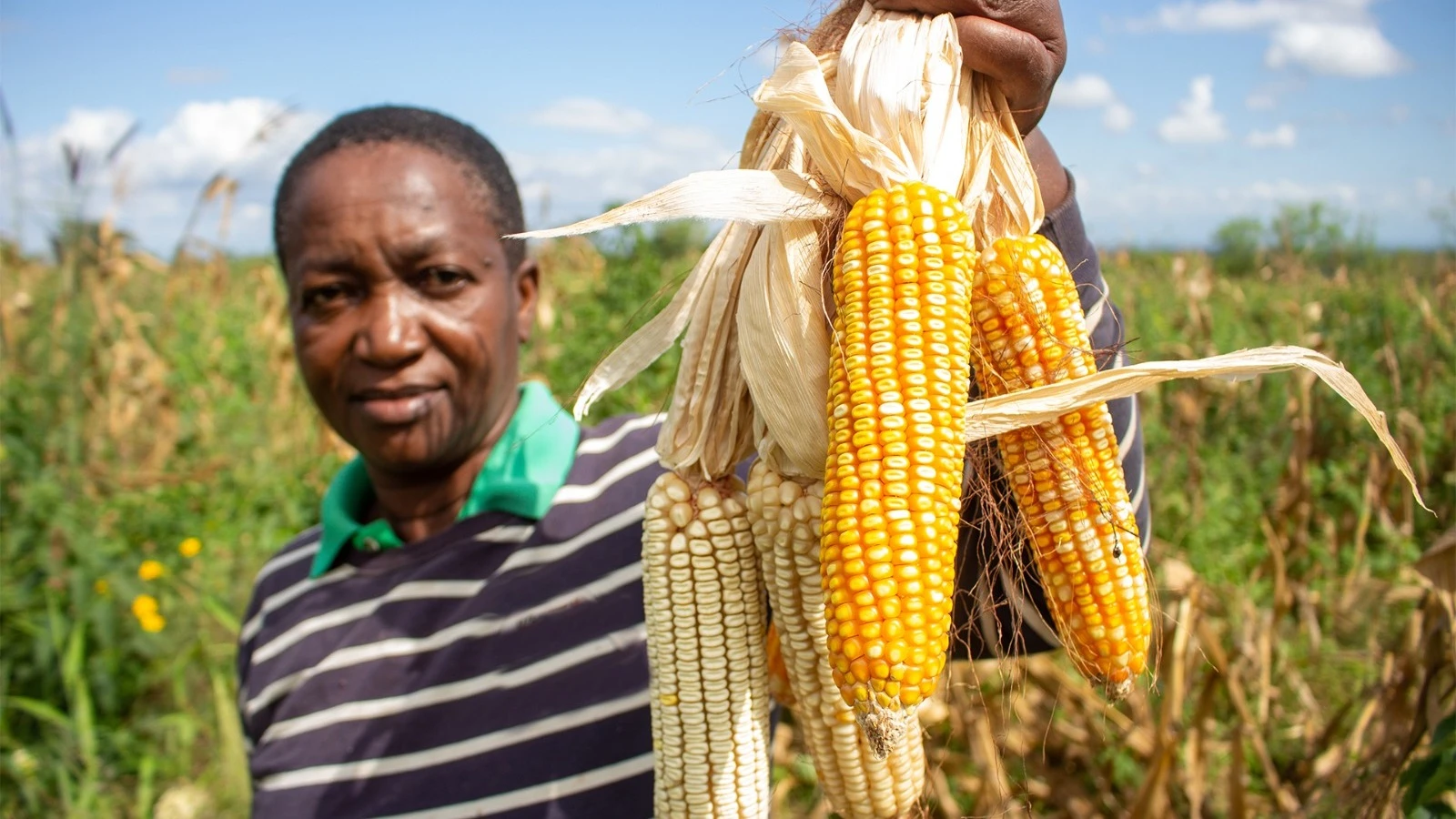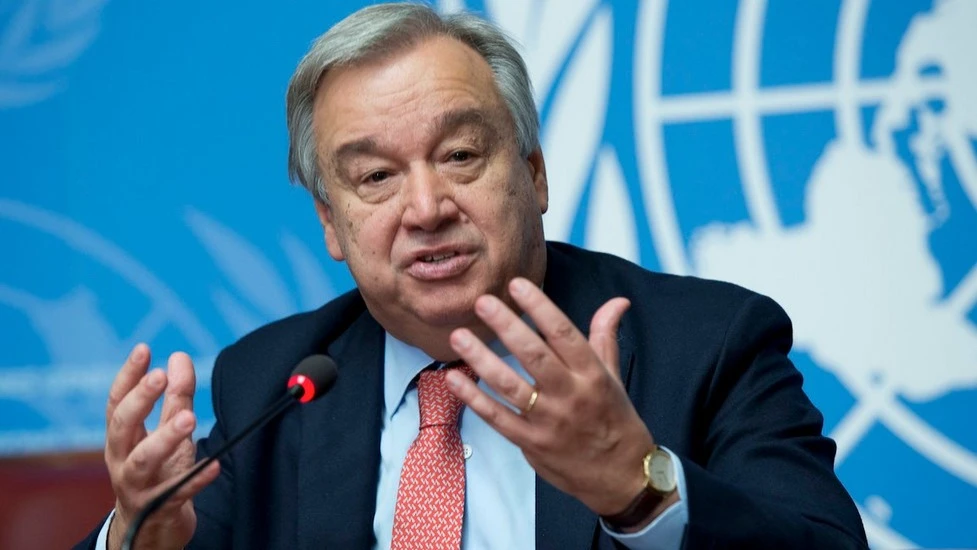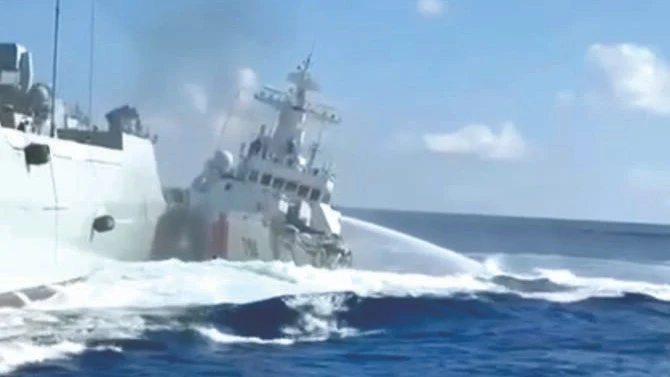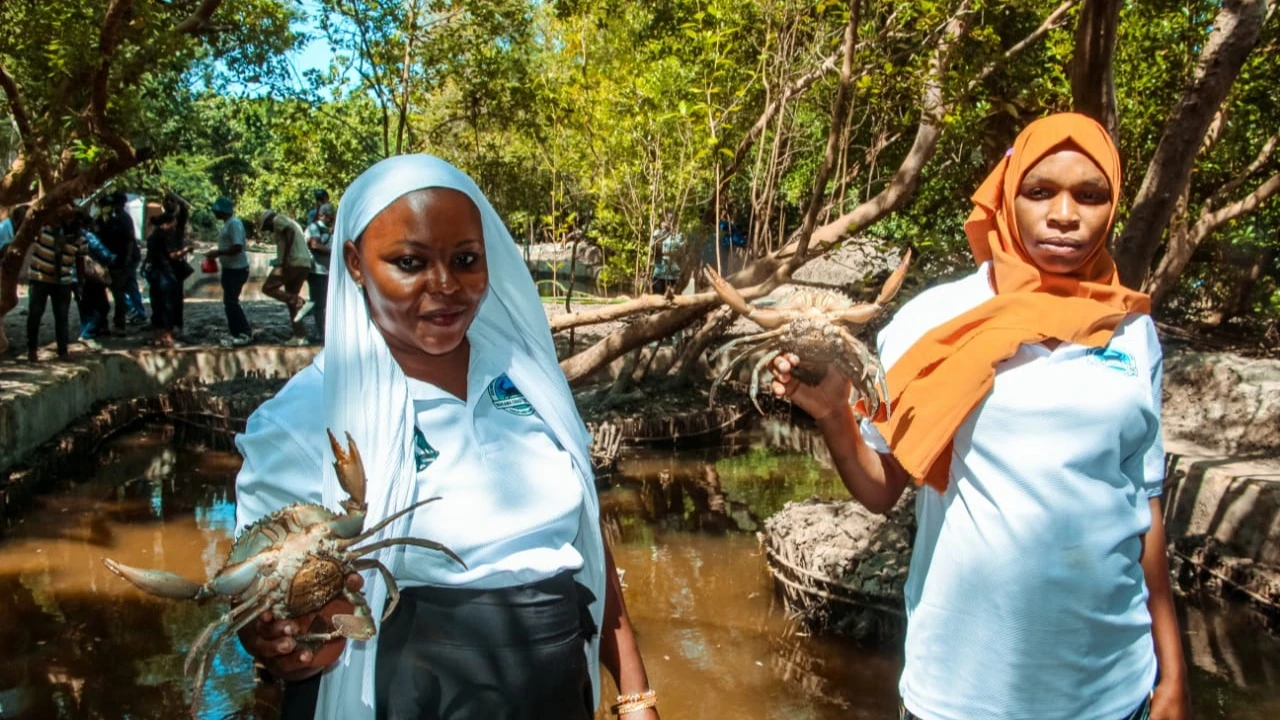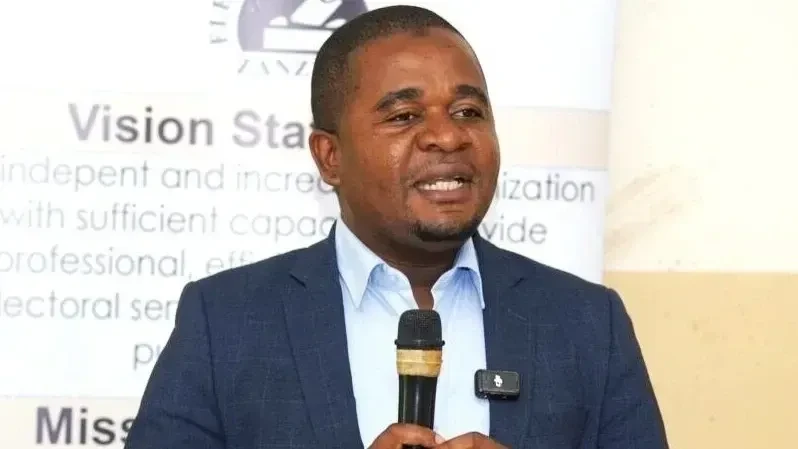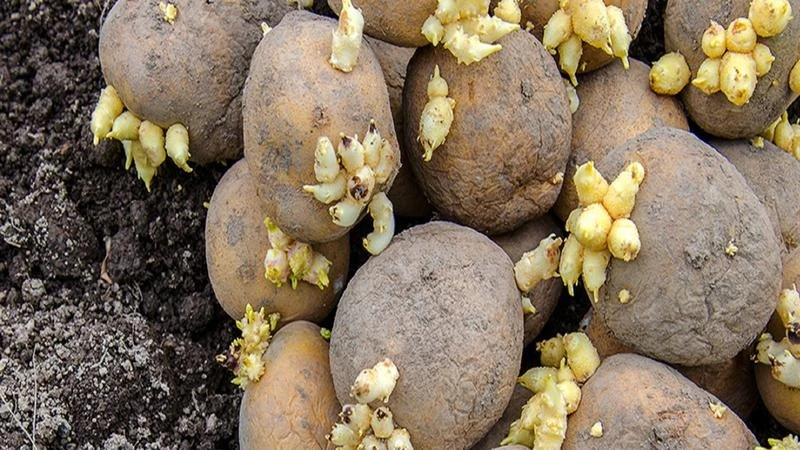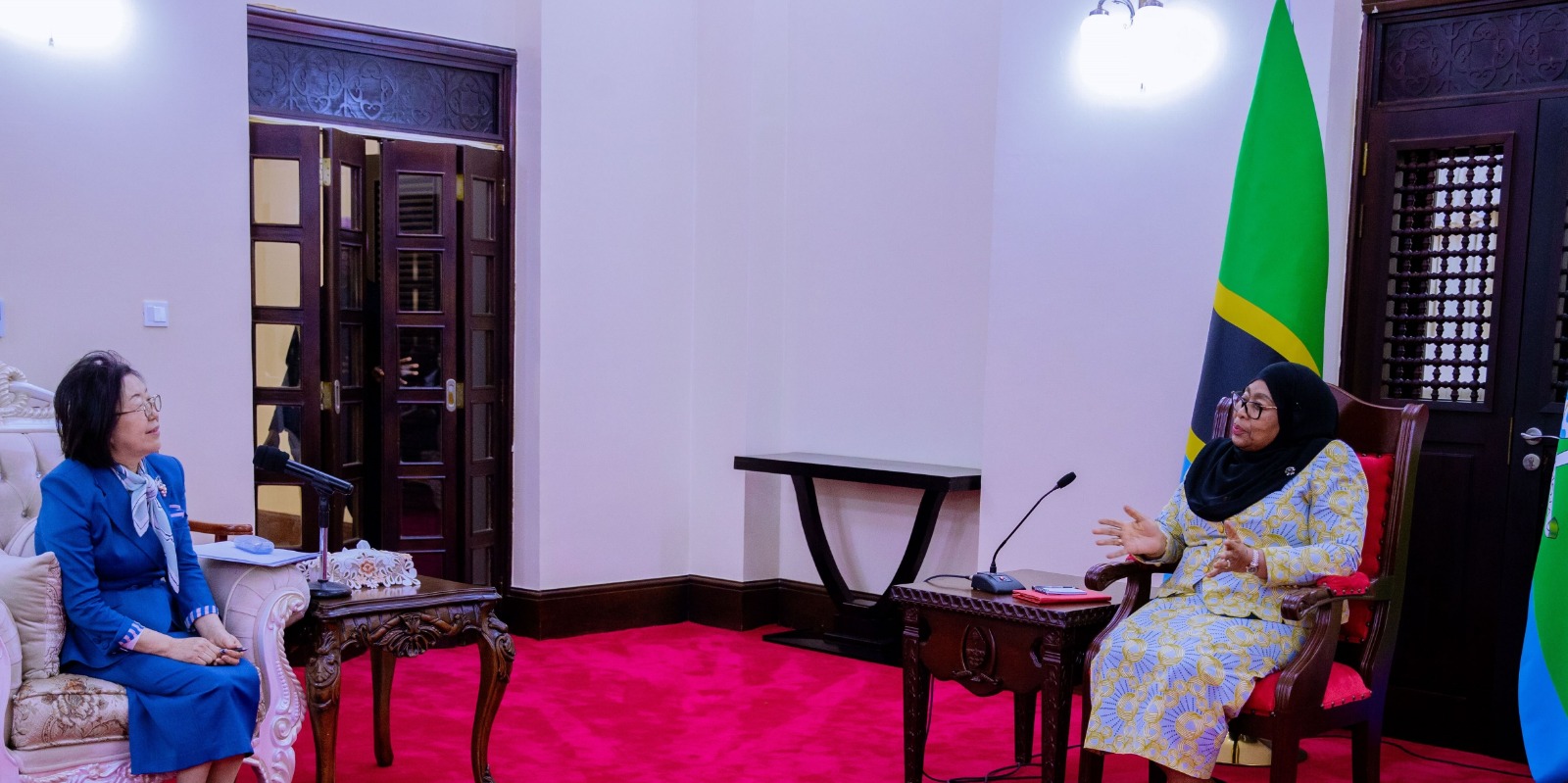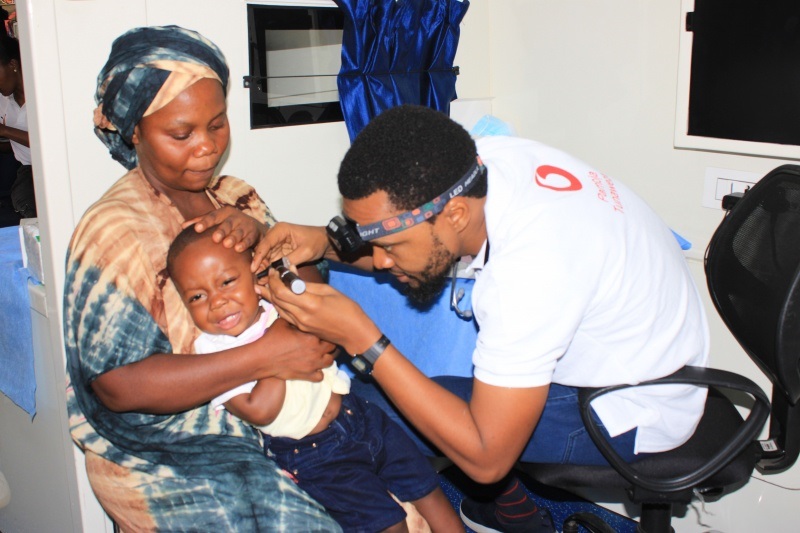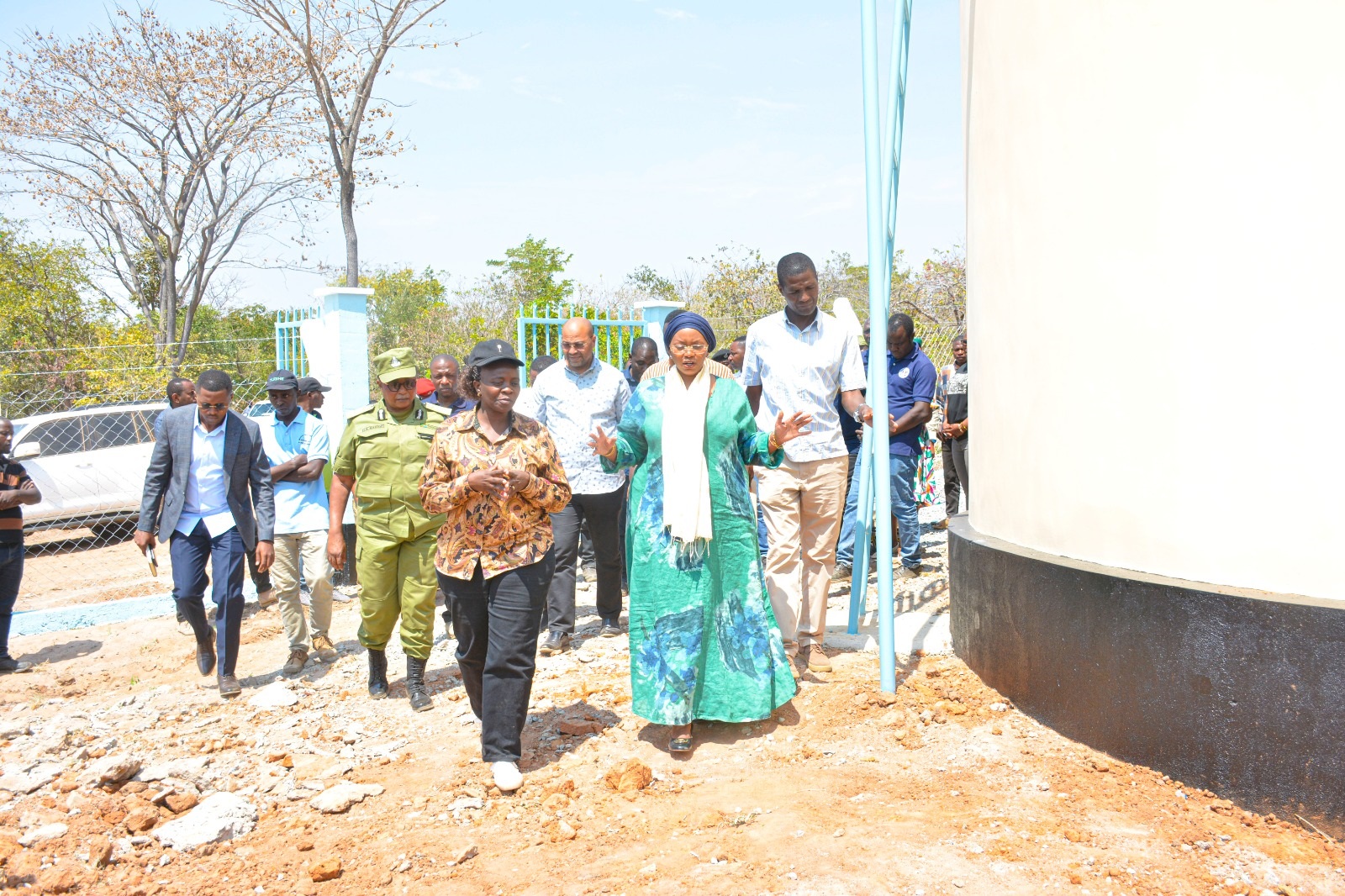Crab fattening, fish farming projects boosts livelihoods in Pangani district
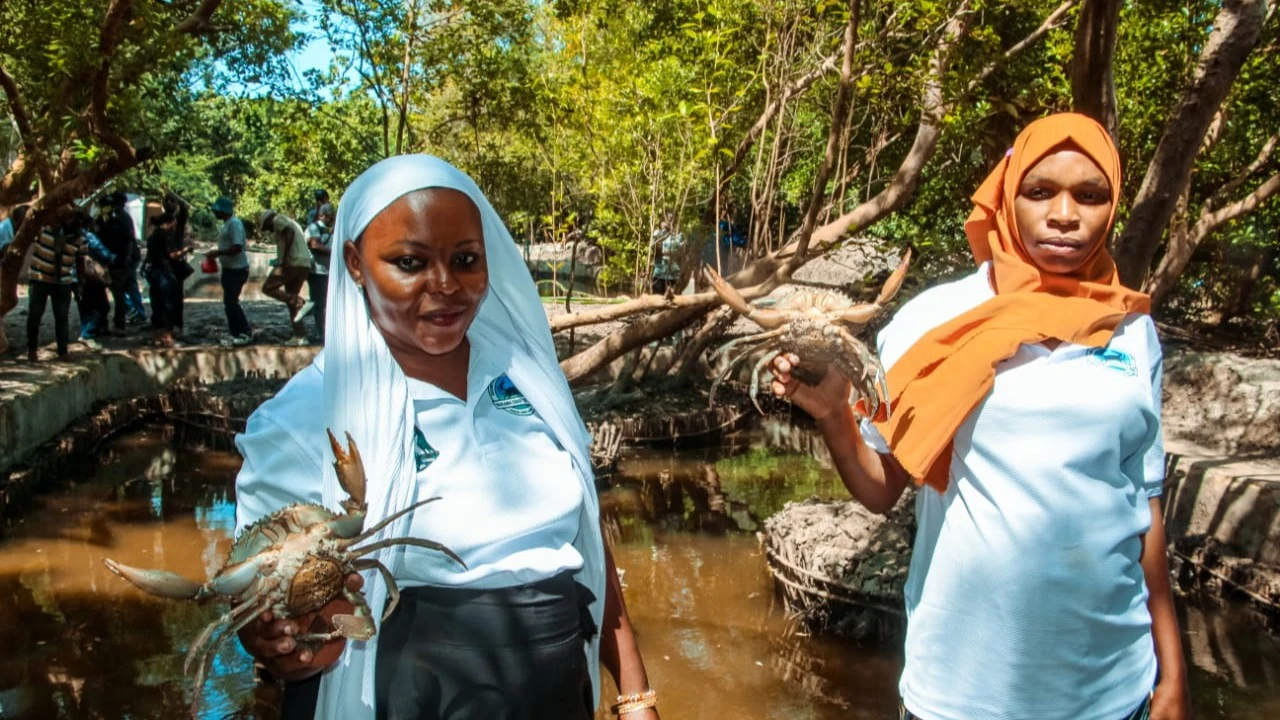
PANGANI District in north-eastern Tanzania within Tanga has the longest coastline in the region. Major economic activities include fishing, agriculture and seaweed farming among others.
The International Union for Conservation of Nature (IUCN) is working to create new economic opportunities for coastal communities in the district for purposes of enhancing income generation through sustainable aquaculture practices, targeting existing women groups.
Innocent Edward is the IUCN’s Community Engagement Officer, he says to ensure sustainability of the started initiatives in Pangani, they chose to work with existing groups of women and youth whereas each of the groups was provided with 32m/- to support their blue economy activities for not less than three years.
“Under the Bahari Mali project, IUCN has been able to support 24 groups including seaweed farmers who have been assisted with storing and processing facilities, local and international markets. We have so far provided 768m/- in total. A women group engaging with sardine processing has been connected to markets in Rwanda, Burundi and Democratic Republic of Congo (DRC).
“Early results indicate improved household incomes, strengthened local capacity and growing interest in aquaculture as a sustainable livelihood,” Edward remarked, adding, a total of 300 women have been assisted to start income generating activities through blue economy.
He said some beneficiaries have been able to construct modern houses, educate their children, pay for health insurance, buy food, and access other social services.
These projects are implemented in collaboration with local government authorities and community-based organizations, the crab fattening project aligns with IUCN’s broader goals of promoting nature-based solutions and coastal ecosystem conservation, he stated.
A Treasurer with the Wakama Crab Fattening Group, Fatuma Baule said through the project has greatly changed their lives as they can sell crabs worth between 700,000/- and 800,000/- per month. A kilogram of crabs is sold between 20,000/- and 25,000/- while a single crab fetches 30,000/-
Baule commended IUCN for supporting them with training, necessary equipment for crab fattening and technical expertise.
She added: “We normally buy crabs from fishermen then fattened in controlled environments until they reach marketable size. This method helps us to increase the value of the crabs,”
“The WAKAMA group has nine members—seven women and two men. Currently, we are engaged in crab fattening and beekeeping. We have 16 beehives—thanks to IUCN for providing us with the funds,” she said.
The treasurer said their goal is to one day be able to sell one ton of crabs every month, although the major challenge is their availability.
“IUCN came and opened our minds because they are translating the concept of the blue economy into practice,” he said, adding that one of their challenges is ensuring the crabs arrive safely at the fattening site, as sometimes they die due to the long distances from where they are sourced.
Chairperson of the WAKAMA Group, Haroub Selemani, said his participation in blue economy activities has transformed his life. “These projects eliminate unproductive meetings in the community.
“Our plan is also to export to international markets, which will benefit us more economically” he said.
The Secretary of Upendo Group in Msaraza Village, Pangani District, Anord Boniface, said the group has 22 members and was formed in 2022. He said the group engages in aquaculture, beekeeping, as well as mangrove planting and conservation.
Integration with mangrove planting helps protect coastal ecosystems, which in turn supports sustainable aquaculture.
“We are grateful to IUCN for the support they have given us. After initially providing us with 32m/-, they later gave us an additional 16m/- for value addition, construction of a guard hut and buying nets to keep away birds,” said Boniface, appealing to stakeholders to also support them with a fish feed processing machine, as a single bag currently costs up to 100,000/-.
He added: “Locally farmed fish provide a reliable source of affordable protein for the community”.
The Group’s Chairperson, Mwajuma Mbwana, said: “Our lives are improving because of the fish farming business. We also have beehives from which we expect to sell honey — we have 25 hives, each capable of producing 10 litres of honey.”
Mbwana said they started fish farming activities in 2022, and in 2023 IUCN came in, enabling them to expand the business by digging three more ponds, bringing the total number of fish to 4,080. The fish are harvested every six months, with a kilogram sold at 8,000/-.
“We sell our products in Tanga town, but our future plans include selling in other regions, including Dar es Salaam.”
She explained that members of the Upendo Group have seen their incomes rise from selling fish, which has enabled them to improve their living standards, pay for household needs and invest in other ventures.
The various activities we conduct engages multiple community members, thus providing employment opportunities in pond construction and fish care.
Top Headlines
© 2025 IPPMEDIA.COM. ALL RIGHTS RESERVED











